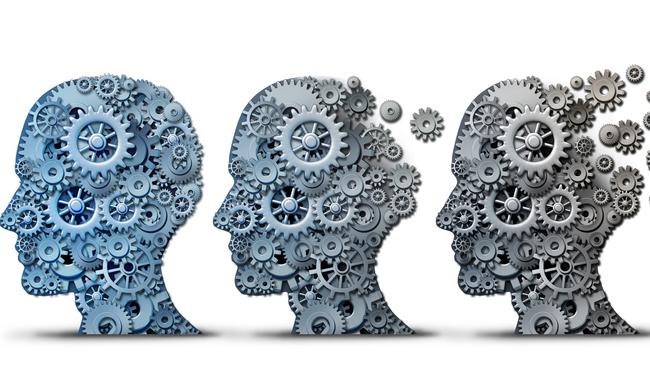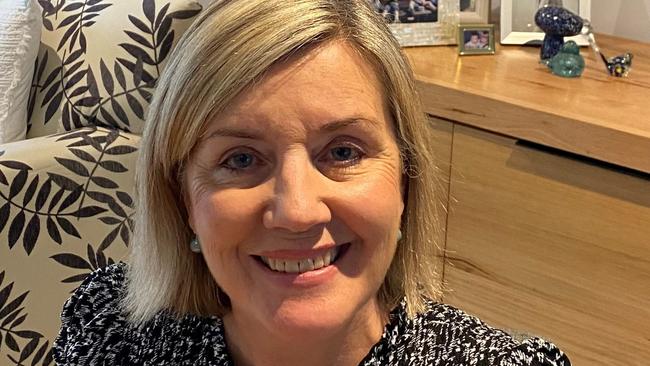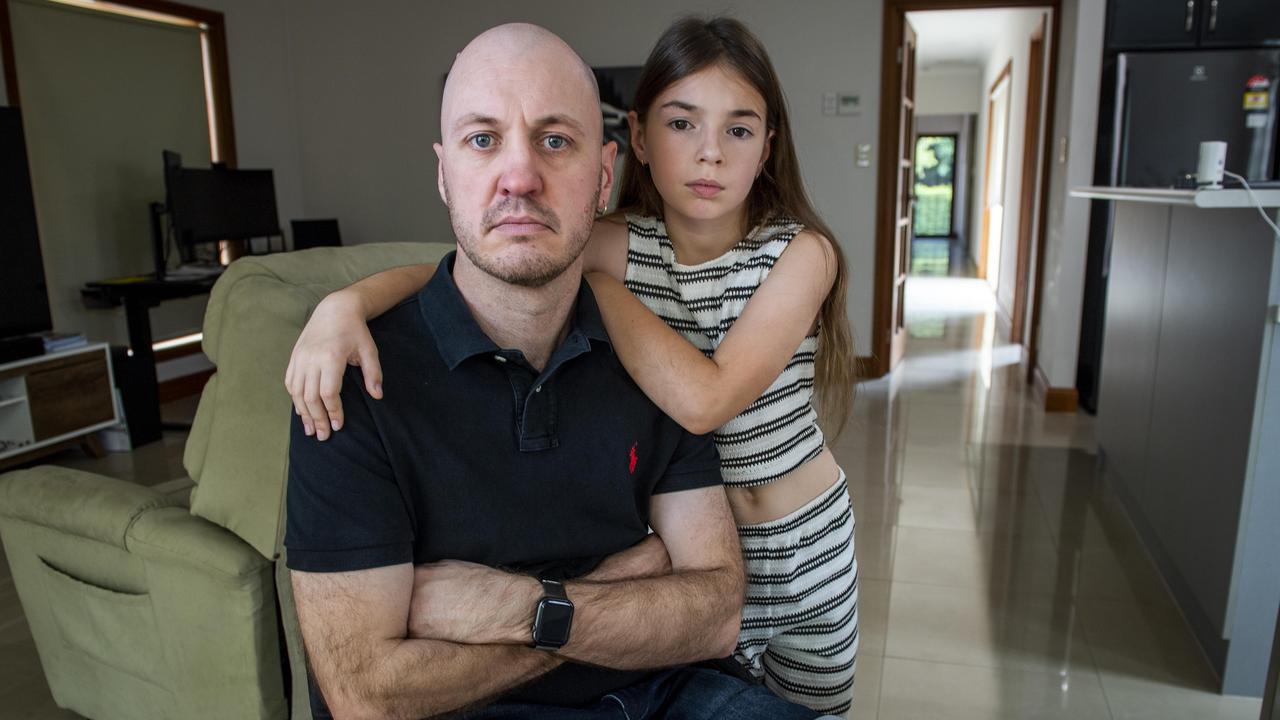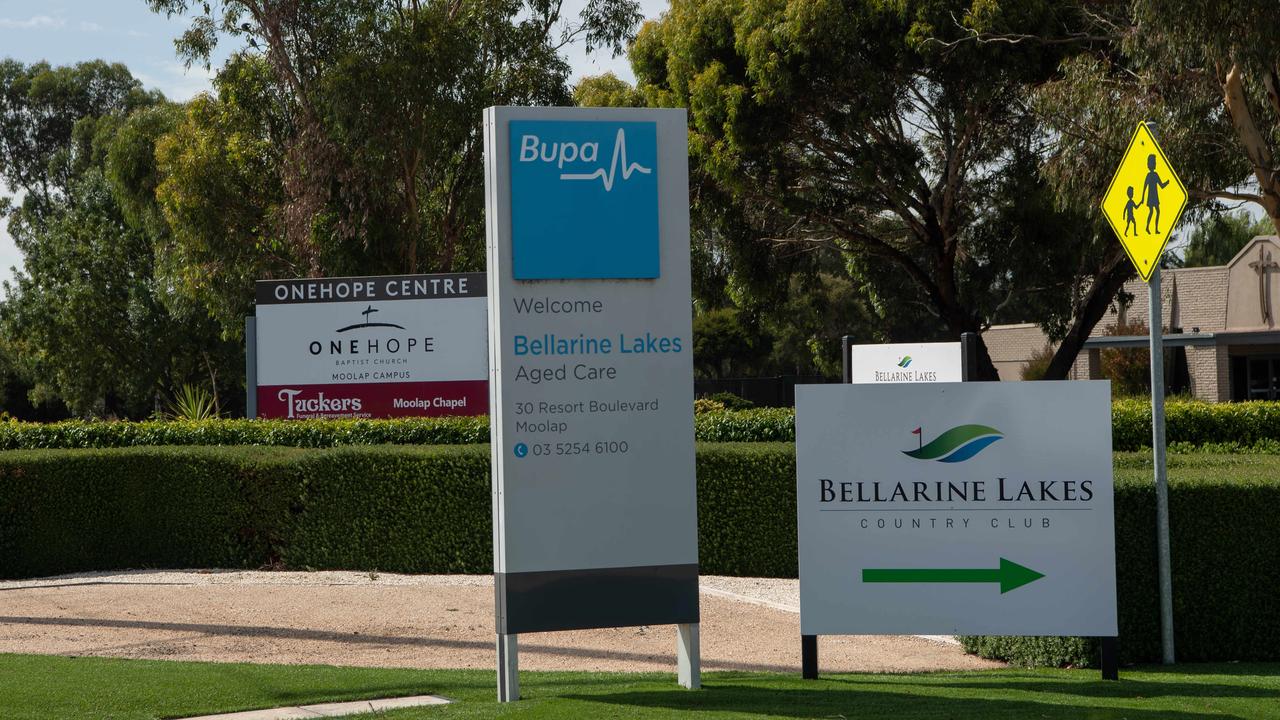Forgetfulness or dementia: How to spot the difference
There’s a difference between normal forgetfulness and memory loss-related dementia. Here’s what you need to know.

Over 70s
Don't miss out on the headlines from Over 70s. Followed categories will be added to My News.
What should you do if you feel that you or your loved one are showing early signs of dementia?
As we age, it is common for us to experience ‘senior moments’ or ‘vague moments’. This can be either a normal part of ageing or the early signs of dementia, which is not a normal part of ageing.
But dementia is not a death sentence. In fact, people living with dementia can continue to lead holistic, fulfilling active lives through supports, education and services that are available.

Early signs of dementia can appear beginning in our late 40s to early 50s, however, it is important to look at what the events were surrounding your ‘senior moments’.
Were you tired? Busy? Preoccupied when trying to remember a particular piece of information? Not enough ‘me’ time?
If you answer ‘Yes’ to any of these questions, then it is most likely not a symptom of dementia, but ageing related forgetfulness.
TYPES OF FORGETFULNESS
1. You remember what you forgot later
If you forgot where you put your keys or were trying to remember the name of the street your daughter lives on but couldn’t, don’t worry. As long as you remember the information later (be it five minutes or two hours later), you are probably fine. The ability to eventually recall information differentiates age-induced forgetfulness from dementia, from which people are unable to remember misplaced information at all.
2. Tools to help you remember
If you forget to take your medication unless you set a mobile phone reminder or write yourself a note, the forgetfulness is likely nothing to worry about. People who use post-it notes or electronic reminders are likely to be experiencing “normal” forgetfulness. On the other hand, people who don’t remember what their reminders are there for, may be displaying symptoms of dementia.

3. Transience and absent-mindedness
Transience is when the brain forgets some memories over time. According to Harvard Medical School, this could actually be a good thing as the brain is removing unused memories to prepare room for the new ones. Absent-mindedness is when you are not 100 per cent focused on the information you should have remembered at the time, for example, you were preoccupied with other thoughts. When people repeatedly forget the same thing despite being reminded of it time and time again, it is likely that they are experiencing early signs of dementia.
4. Forgetfulness is associated with being busy
If you forgot to return a phone call or make your way to a meeting because you were having a busy day, it is probably normal forgetfulness. When we are excessively busy, we only have room for so much information in our minds and naturally, some things get pushed out. If you are usually on top of things but tend to be forgetful when you have too many “balls in the air”, fear not. This is probably normal forgetfulness. This is especially true if you remember what you were supposed to be doing later.
5. Being able to execute self-care
If you have had a crazy day and forgot five things but can still settle into a nice bath or feed yourself well at the end of the day, you are probably experiencing normal signs of ageing related forgetfulness.
TAKE OUR HEALTH CALCULATOR
SIGNS OF DEMENTIA
The following are quite different to normal age-related forgetfulness.
1. Forgetting important information
The symptoms of dementia go beyond merely forgetting where you placed your car keys or when an appointment was booked. Symptoms of dementia include forgetting important information such as the names of friends and loved ones.
2. Difficulty with simple tasks
If you or a loved one have a hard time remembering to pay bills, pick up spouses/children or carry out normal hygiene procedures like brushing teeth and showering, it is likely that this forgetfulness is a sign of dementia. This is also true for people who lose weight due to forgetting to eat or for people who gain weight because they eat many meals and forget about previous ones.

3. Difficulty in familiar settings
While it is normal to get lost in new places, it is not normal to get lost on your way home. If you notice that a friend or loved one is forgetting how to get home or to the local supermarket, or cannot remember which room is the bedroom or which car belongs to him or her, these are most likely signs of dementia.
4. Difficulty in new settings
Another common symptom of dementia is the tendency to become disorientated in new environments, i.e. the new information is difficult to process or remember, so there is difficulty recalling it. The disorientation can extend to both place and time.
5. Frequently forgetting words
While it is normal to grapple for the right word, it is not normal to forget words altogether. If you notice that you or loved one cannot remember simple words, slurs words or forgets important information like a loved one’s name or birthday, it is time to seek help. This is also true if a loved one garbles information, repeats the same words or phrases multiple times in a conversation or tells the same story over and over. Another early dementia sign is forgetting some words in general conversation, or struggling to name an object, and covering for it, for example, saying “ … it’s the … oh, you know what I mean.”
6. Poor judgment
If forgetfulness has reached the level where the individual is making forgetful judgments that place health or safety at risk, like going out in the winter without a jacket, leaving the stove or gas on at home, or being in minor car accidents such as sideswiping the letterbox in the driveway or a parked car, there is a high possibility that you are dealing with dementia-like symptoms.
7. Difficulty making decisions
If a person you love is having a hard time making simple decisions like what to eat or where to go or if they become frustrated over simple issues, it is likely that this is dementia-related forgetfulness. Additionally, if a person you love seems to have “forgotten” how to act in social situations or acts out in dangerous or inappropriate ways, it is likely that these are signs of dementia.
8. Changes in personality
According to Dementia Australia, people living with dementia can experience changes in their personality. For example, someone in the moderate stages of dementia could suddenly be prone to aggressive behaviour, paranoia or impulsive behaviours.

WHAT TO DO IF YOU NOTICE SIGNS OF DEMENTIA
If you notice a loved one displaying signs of dementia, it is important to enlist the help of their GP as the first step. The person may not be aware that they have the early signs of dementia (lack of insight is one of the dementia symptoms). So, if the person has a good rapport with their local GP, this is the best first step.
Your loved one may not want to make a GP appointment to “check their memory”. You can suggest that they make a GP appointment for a “check-up” or to renew scripts. In the post-Covid-19 environment, an online appointment may be less confronting for your loved one. However, this may be more difficult for the GP to carry out an accurate initial assessment for dementia.
If the GP feels that your loved one has the early stages of dementia, ideally the next step is to make an appointment with your local Cognitive and Memory Services. Some of these clinics require a referral from the GP, while some others are happy for a phone call from a loved one.

The cost varies, depending on the clinic – some are free while some may charge a fee. Your loved one’s GP will know what the cost and referral procedure will be.
The GP will assess the patient’s memory history and any present risk factors, such as family history of dementia and medications. Once a diagnosis has been made, the doctor will treat the person for memory loss symptoms and may be able to recommend some care measures that will help alleviate the symptoms of memory loss and make life safer and more enjoyable. Additionally, early diagnosis is important to get ahead of memory loss symptoms, ensure that proper care is received and plan for the future.
Although memory loss is a frightening prospect, there are many ways to determine the difference between normal forgetfulness and potential Alzheimer’s symptoms. If you notice any of the dementia symptoms in yourself or a loved one, seek medical care immediately in order to produce a positive outcome.
HELPFUL RESOURCES
To learn more about dementia or support and services available to people living with dementia and their families/carers, please contact:
Dementia Australia – 1800 100 500
Dementia Support Australia – 1800 699 799
* Bridget Howes is the Consumer Experience and Engagement Adviser at aged care provider BlueCross. Visit www.bluecross.com.au
This article has been republished with permission.
Originally published as Forgetfulness or dementia: How to spot the difference


